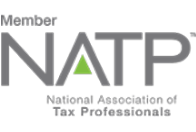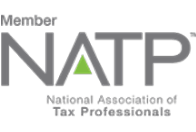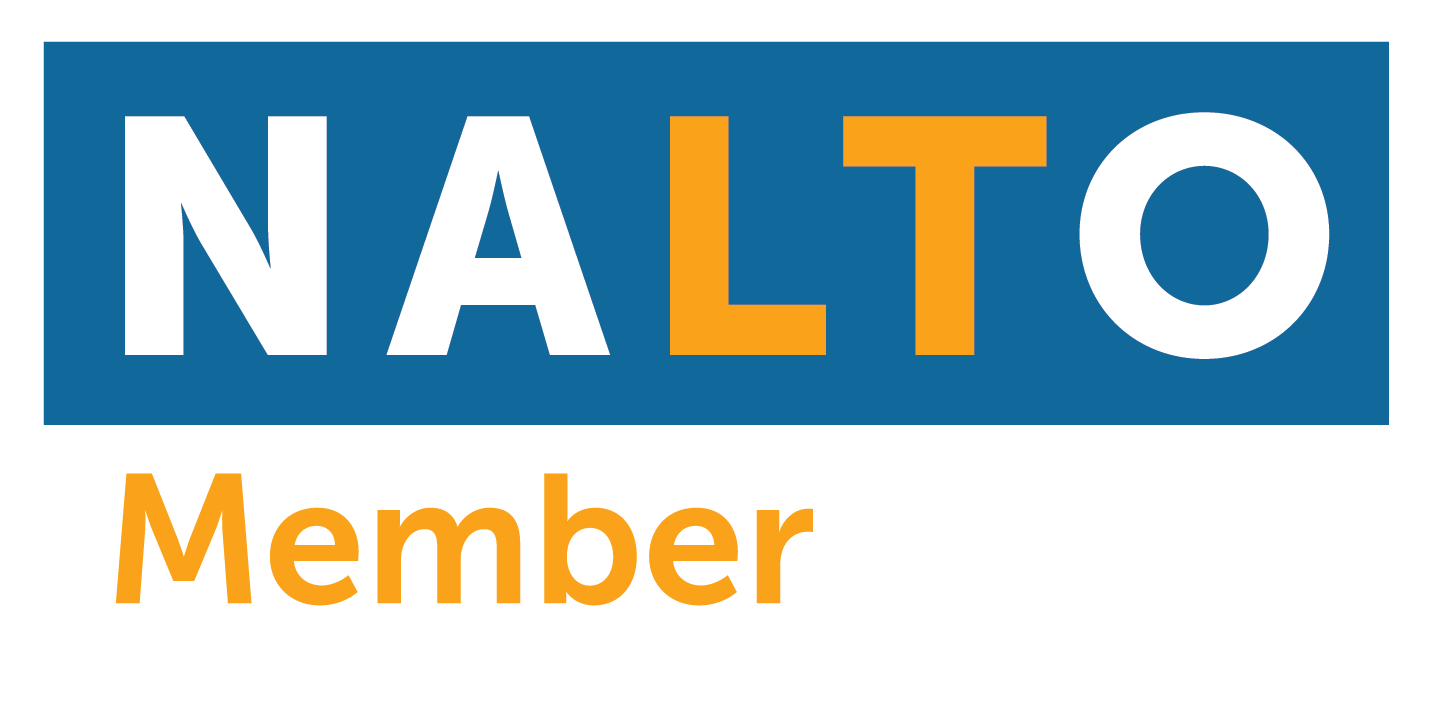The US tax system requires you to pay taxes-as-you-go or as income is earned – either through withholding, estimated quarterly payments, or a combination of both. If you fail to pay the correct amount of taxes throughout the year, the Internal Revenue Service (IRS) may send you a penalty notice for tax underpayment.
What is Underpayment of Estimated Tax Penalty?
Underpayment of Estimated Tax Penalty is a charge imposed by the IRS when individuals or businesses don’t pay enough taxes through withholding or estimated taxes; or if they pay late.
If you are a salaried employee, make sure that a sufficient amount is being withheld by your employer to cover your estimated taxes. If you expect to owe more tax by the end of year, you can avoid the underpayment penalty by asking your employer to increase your withholding taxes through a newly filled out Form W-4, Employee’s Withholding Certificate.
You must pay close attention to your tax liabilities if you are a former W2 employee who transitioned to other sources of income such as freelance, self-employment, or you received a 1099-R form for having passive income and distributions from pensions, annuities, retirement plans, or profit-sharing arrangements. These types of income are mostly subject to tax. Former W2 employees may still be used to having an employer who automatically withholds taxes for them. You may end up underpaying your taxes and incur a penalty if you do not account for these types of income and pay their required quarterly tax payments.
If you are self-employed, in the gig economy, an independent contractor, freelancer, or a small business owner, you must pay the appropriate estimated taxes quarterly and on time to avoid this penalty. We have a dedicated blog for this topic published last April 19, 2023 (https://1099accountant.com/client-we-love-and-serve/estimated-quarterly-tax-payment-reminders/). Following are the quarterly tax deadlines:
- April 15 – taxes due on earnings from January 1 – March 31
- June 15 – taxes due on earnings from April 1 – May 31
- September 15 – taxes due on earnings from June 1 – August 31
- January 15 of the following year – taxes due on earnings from September 1 – December 31
Note: If the date falls on a weekend or holiday, the deadline moves to the next business day.
Exemptions to Underpayment Penalty
Projecting your estimated taxes can be a challenge especially if you have varying income levels throughout the year. And the IRS acknowledges this complexity by providing safe harbor for estimating tax.
Per IRS, you will not be penalized for underpaying taxes if you:
- Owe less than $1,000 after filing your return, net of refundable credits, OR
- Your taxes paid for the current year cover 90% of your Current Year’s Tax Liability or 100%* of your Prior Year’s Tax Liability, whichever is less. Prior year’s tax must cover a 12-month period.
* Use 110% instead for high-income individuals whose adjusted gross income (AGI) exceeds $150,000, (AGI of $75,000 for married couples filing separately).
For example, your total estimated tax payments for the current year amount to $7,000. You filed your annual return, and it shows an actual tax liability of $9,000. There is an underpayment of $2,000. Based on the above exemptions, you may probably be penalized for tax underpayment since you owe more than $1,000 in your return and the $7,000 payment does not equate to 90% of your current tax liability unless it covers 100% of your prior year’s tax return.
Some taxpayers simply use their last year’s tax amount as the basis for paying their estimated taxes for the year to dodge the hurdles of estimating their current year’s taxes. Nevertheless, they should still pay on a quarterly basis and not the full amount at once. Otherwise, they will still be charged with underpayment penalty.
How to Compute the Underpayment Penalty
The computation of penalty is even more complex than estimating your taxes since it is affected by the following factors: the underpaid amount, the period it was due, and the interest rate for the quarter as determined by the IRS. The underpayment interest rate is the federal short-term rate plus 3 percentage points, for most taxpayers. The interest rate for individuals and corporations also differs. Below are the federal short-term rates for the following periods:
Quarter Period Individual Corporation
Jul 1 – Sep 30, 2023 7% 9%
Apr 1 – Jun 30, 2023 7% 9%
Jan 1 – Mar 31, 2023 7% 9%
Oct 1 – Dec 31, 2022 6% 8%
You may wait for the IRS to send you a notice of underpayment and the amount due including the penalties and applicable interests. However, it is important to note that the interest on the unpaid amount continues to accrue until it is paid. The IRS notice may take a month or so before you receive them, so your best plan would be to pay the estimated tax as soon as possible to save on interest accrual.
How to Remove or Reduce an Underpayment Penalty
The IRS may still remove or reduce the underpayment penalty under the following circumstances.
- You retired after reaching 62 or became disabled and the underpayment was due to reasonable cause, not willful neglect.
- The underpayment was due to casualty, disaster, or other unusual circumstances such as serious illness, death in your family, or other emergencies.
- You had no tax liability in the prior year, covering a 12-month period, and you were a US citizen or resident for the entire year.
In summary, tax underpayment penalty is a serious consequence that taxpayers should strive to avoid. Proper estimation, planning, and timely payments can minimize the risk of this penalty. Remember that it is the taxpayer’s responsibility to pay their taxes correctly and on time. Keep track of your finances and consult a tax professional if you need help in computing your tax liabilities.
Want to learn more?
You may want to consult and work with 1099 Accountant – We offer online bookkeeping, online advisory services and online tax and accounting services. We offer reasonable rates. We only work with independent contractors, freelancers, and one-person business. We work with locum tenens from California to New York City and everywhere in between. Yes, even Hawaii!
Contact us toll-free (855)529-1099 or make an appointment for a free consultation. https://1099accountant.com/contact/











